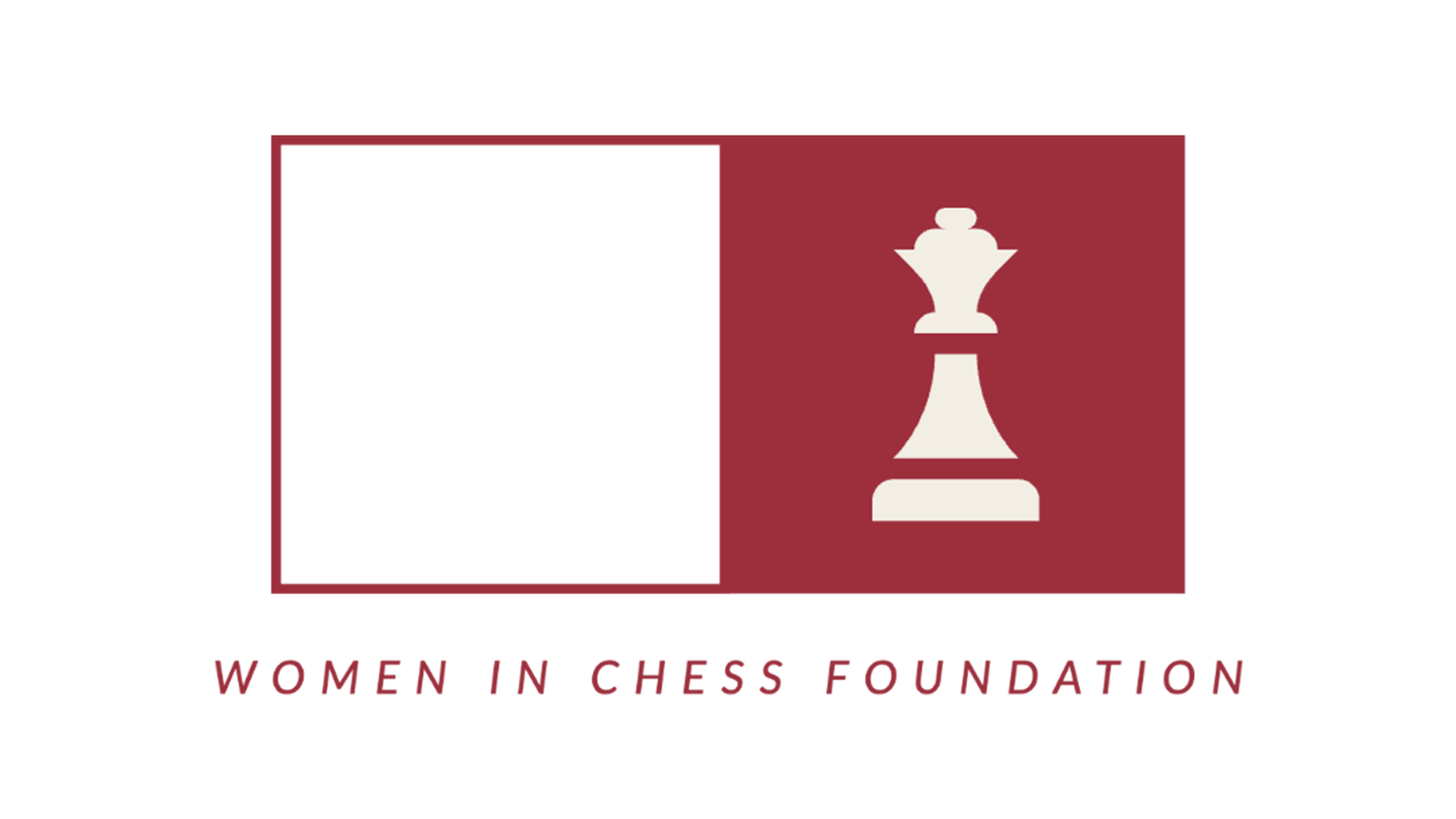SAFEPLAY GUIDELINE REFORM
If your chess club or national chess federation would like to partner with WICF in developing of improving their safeplay guidelines please contact us at contact@womeninchess.com – we are here to help!
PREVENTION
Educating & Training Staff
Creating Clear Protocols
Monitoring Events
PROTECTION
Specific Definitions
Supervision Requirements
Player Advocates
RESPONSE
Victim First Response
Anonymous Reporting
Thorough Investigations
PROMOTION
Creating a Culture of Safety and Respect
Safe Reporting Environment
Accountability
EXAMPLE POLICIES
Prevention:
Mandatory Training Policy:
For chess tournament organisers, coaches, and staff, it is essential to ensure that all leaders undergo comprehensive training that promotes a culture of safety and inclusivity for all participants. This training should encompass a wide range of topics, including vulnerability, power dynamics, and establishing healthy boundaries.
Certification and Record-keeping Policy:
Certification of training should be renewed every three years and records should be kept to provide sufficient to evidence of compliance with training policies.
Protection
Unrelated Adults Required:
There shall be at least two unrelated adults (at least two years older than the eldest participant) present at settings and events designed for children and youth.
Unused Spaces:
Spaces not in use should not be readily accessible. Given the vast differences in facilities each club and federation should determine how best to meet this standard.
Promotion:
Anti-Harassment and Non-Discrimination Policy:
Prohibit any form of harassment, discrimination, or bullying based on race, gender, age, sexual orientation, or any other protected characteristic. Ensure that all participants are treated with respect and dignity, fostering an environment free from any form of prejudice or bias and adopt a no tolerance policy.
Inclusivity and Accessibility Policy:
Strive to make chess events accessible to participants of diverse backgrounds, abilities, and ages. Provide accommodations or modifications to ensure that everyone can fully participate, including individuals with disabilities or special needs.
Response:
Suspected Child and Youth Abuse:
It is strongly recommended for any adult who has a valid suspicion that children or youth may have experienced abuse, neglect, or exploitation to contact the state’s Child Protective Services. This obligation is mandatory for all mandated reporters.
Anonymous Reporting:
Utilize an anonymous reporting hotline or online platform provided by the relevant authorities. These channels are specifically designed to protect the identity of the reporter.
Guidelines developed with research from the Safeguarding Model Policy for the Protection of Children and Youth, the Berlin Chess Federation and the German Chess Federation.

